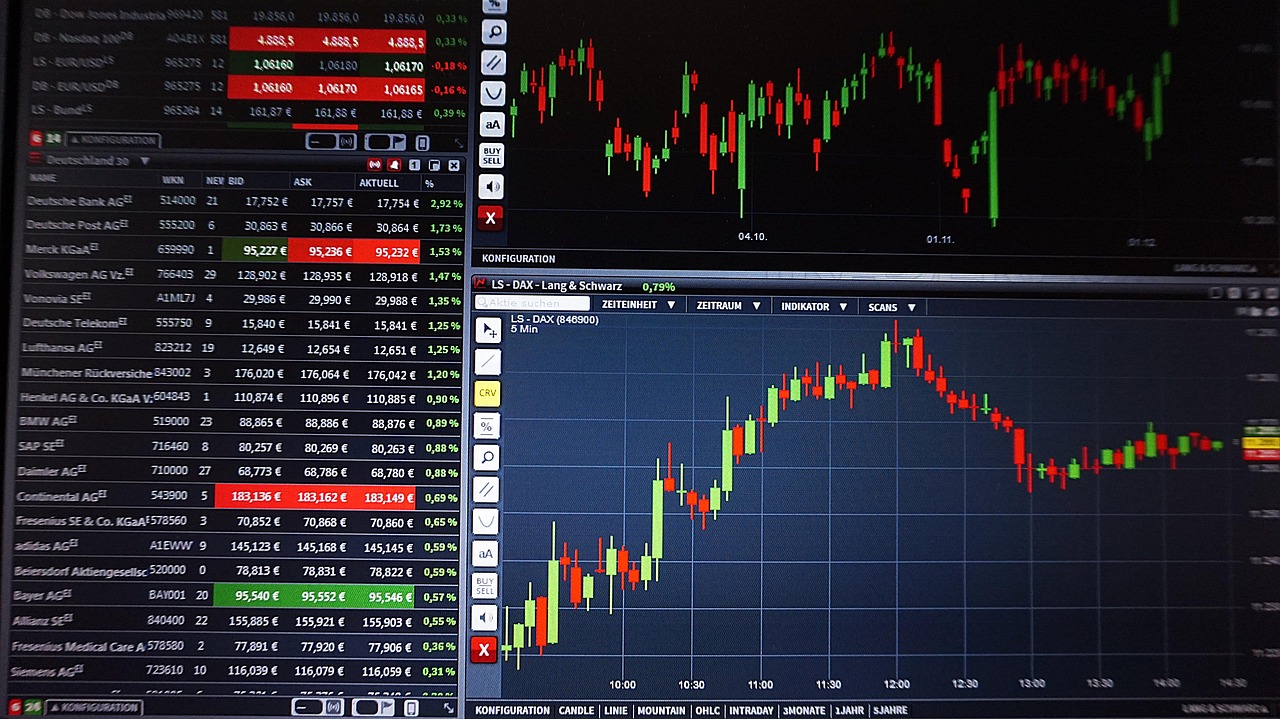Day Trading: Classes or Bootcamps: What’s Best for You?

So, you’ve decided it’s time to get serious about day trading. Maybe you’ve dabbled with a paper account, maybe you’ve taken a few small trades, or maybe you’ve just been watching the markets from the sidelines. Either way, you know that if you want to become consistent—and profitable—you need proper education and a structured way to learn.
That’s where the choice often comes in: day trading classes vs. bootcamps.
At first glance, both seem to offer the same promise: they’ll teach you how to trade stocks, manage risk, and build confidence in your strategy. But the reality is that they’re two very different learning experiences. Classes are usually designed for beginners who need a foundation, while bootcamps are intensive crash courses aimed at speeding up your development in a matter of days or weeks.
Choosing the wrong path can lead to wasted time, frustration, and money. But choosing the right one can put you on track to faster growth and better trading habits. In this article, we’ll break down exactly what you can expect from each, highlight the pros and cons, and help you decide which is best for your trading goals.
What Are Day Trading Classes?
Day trading classes are structured educational programs that usually take place online (though some are still offered in-person). Unlike bootcamps, they’re spread out over a longer period of time—sometimes several weeks or months—so you can learn gradually and at your own pace.
Think of a day trading class like going to school for trading. You’re taught concepts in sequence, starting with the basics and slowly layering on more advanced material. This approach works well for people who need time to digest new information and who may still be figuring out if day trading is right for them.
What’s typically included in a trading class:
- Recorded or live lessons on trading fundamentals: order types, chart patterns, candlestick analysis, moving averages, support and resistance
- Assignments or exercises to practice identifying setups or simulating trades
- Q&A sessions or discussion boards where you can ask instructors questions
- Risk management and psychology modules—critical for beginners to avoid blowing up accounts
- Optional mentorship add-ons, depending on the course provider
Advantages of day trading classes:
- Flexibility: Learn at your own pace, which is ideal if you’re working a full-time job or balancing other commitments.
- Lower barrier to entry: Classes are typically more affordable than bootcamps, making them a good first step.
- Strong foundation: You get the “building blocks” of trading without the pressure of needing to act immediately.
- Beginner-friendly: The slower pace and structured curriculum prevent overwhelm.
Disadvantages of day trading classes:
- Limited hands-on trading: Most classes don’t simulate real market stress. You’ll still need to practice on your own.
- Requires self-discipline: Since you’re not being pushed daily by mentors, it’s easy to fall behind or skip practice.
Progress can be slow: If you’re eager to trade full-time soon, classes may feel like a drawn-out path.
Day trading classes are perfect for new traders who need to learn the ropes before risking real money. They give you a safe environment to build a strong foundation, but you’ll need to supplement them with real-world practice if you want to make meaningful progress.
What Are Day Trading Bootcamps?
If day trading classes are like school, then bootcamps are more like military training—fast-paced, immersive, and designed to push you to your limits. A bootcamp condenses weeks (or even months) of learning into an intensive experience that usually lasts anywhere from a few days to several weeks. The goal isn’t just to teach you concepts, but to immerse you in the day-to-day rhythm of trading so you can apply skills in real time.
Most bootcamps are live, hands-on programs. Instead of passively listening to lectures, you’re expected to show up each day, follow the instructor’s watchlist, analyze setups together, and often take simulated or even small live trades alongside the group. The pace is faster, the learning curve is steeper, but the results can also be more immediate.
What’s typically included in a bootcamp:
- Live market sessions where you watch the instructor trade in real time
- Pre-market prep: building daily watchlists, analyzing gappers, and setting trade plans
- Intra-day trade reviews: breaking down trades right after they happen
- Mentorship and accountability: direct feedback from instructors and peers
- Psychology drills: learning to control emotions when trades go against you
- Community support: bootcamps often create strong trader communities that continue even after the program ends
Advantages of day trading bootcamps:
- Accelerated learning: You’re exposed to multiple market conditions in a compressed time frame.
- High accountability: Daily check-ins and direct mentorship keep you on track—there’s no hiding or procrastinating.
- Real-world application: You learn by doing, not just by studying slides or theory.
Strong peer network: Many bootcamps build communities of traders who continue sharing strategies and motivation afterward. - Confidence boost: Seeing strategies applied in real time helps bridge the gap between theory and execution.
Disadvantages of day trading bootcamps:
- Time commitment: Bootcamps often require you to be fully available during market hours, which can be difficult if you’re working full-time.
- Higher cost: Quality bootcamps can be significantly more expensive than classes, reflecting the mentorship and live training they provide.
- Not beginner-friendly: Without a basic foundation, the intensity of a bootcamp can feel overwhelming.
- Retention risk: If you don’t keep trading consistently after the bootcamp, much of what you learn may fade quickly.
Day trading bootcamps are best suited for serious, motivated traders who already understand the basics but want to sharpen their skills quickly under the guidance of experienced mentors. They’re especially valuable if you thrive under structure, need accountability, and want to see what real trading discipline looks like in practice.
Which Is Right for You?
At this point, you’re probably leaning one way or the other—but let’s make it crystal clear. The right choice depends on your experience level, goals, and lifestyle.
Choose a Day Trading Class if:
- You’re brand new to trading and don’t yet understand order types, candlestick patterns, or risk management.
- You want the flexibility to learn at your own pace while balancing work, school, or family.
- You’re cost-conscious and looking for a lower investment option to test if trading is something you want to pursue long term.
- You learn best in a slower, structured environment where you can revisit lessons multiple times before moving on.
Choose a Day Trading Bootcamp if:
- You already know the basics and are ready for real-time application under market conditions.
- You thrive with accountability and want direct mentorship pushing you to improve daily.
- You’re prepared to make a serious time and financial commitment to accelerate your growth.
- You want to build confidence by practicing alongside experienced traders and seeing professional strategies unfold live.
Hybrid Path: Best of Both Worlds
Many traders start with a class to build their foundation, then “graduate” into a bootcamp when they’re ready for intensive mentorship and live market experience. This hybrid path often works best: you gain knowledge first, then apply it in a structured, accelerated environment.
Take the Next Step in Your Trading Journey
Education is the fastest way to cut down your learning curve in day trading—but how you approach it makes all the difference. If you’re just starting out, classes will give you the foundation you need to understand the markets without being overwhelmed. If you’re ready to move faster, bootcamps provide the accountability, live mentorship, and real-time application that can transform knowledge into action.
The most important move is simply to start. The sooner you commit to structured learning—whether through classes or a bootcamp—the sooner you’ll stop guessing and start trading with clarity and confidence.
👉 Ready to experience the bootcamp environment for yourself?
Claim your 7-day free trial of the TradeMomentum chatroom today. You’ll get:
- Daily watchlists and market prep
- Live trade alerts and real-time commentary
- Access to our trading community and chatroom
- Education that shows you what immersive, hands-on learning really feels like
Don’t just study trading—live it alongside experienced traders who are in the trenches every day.
.webp)


